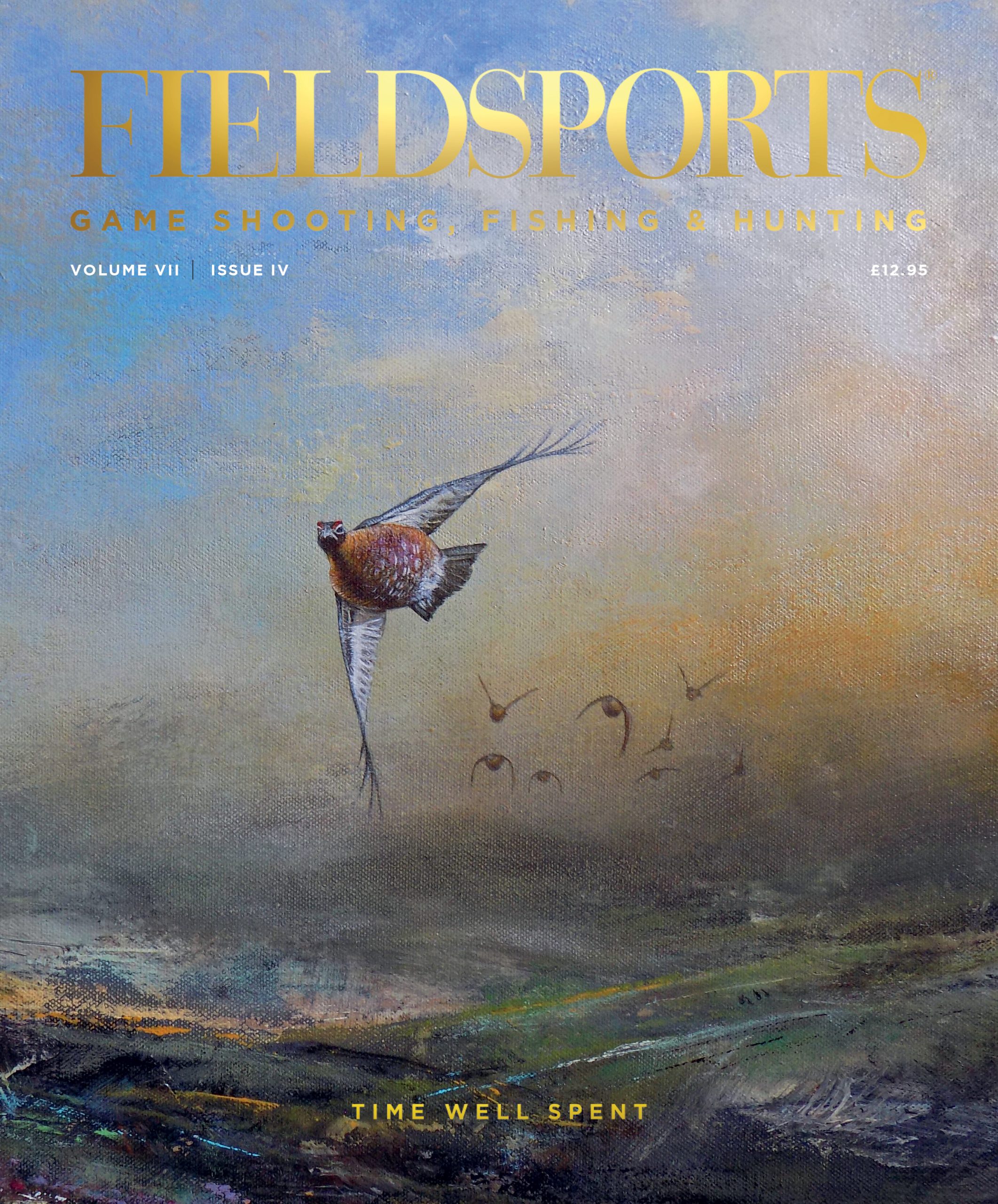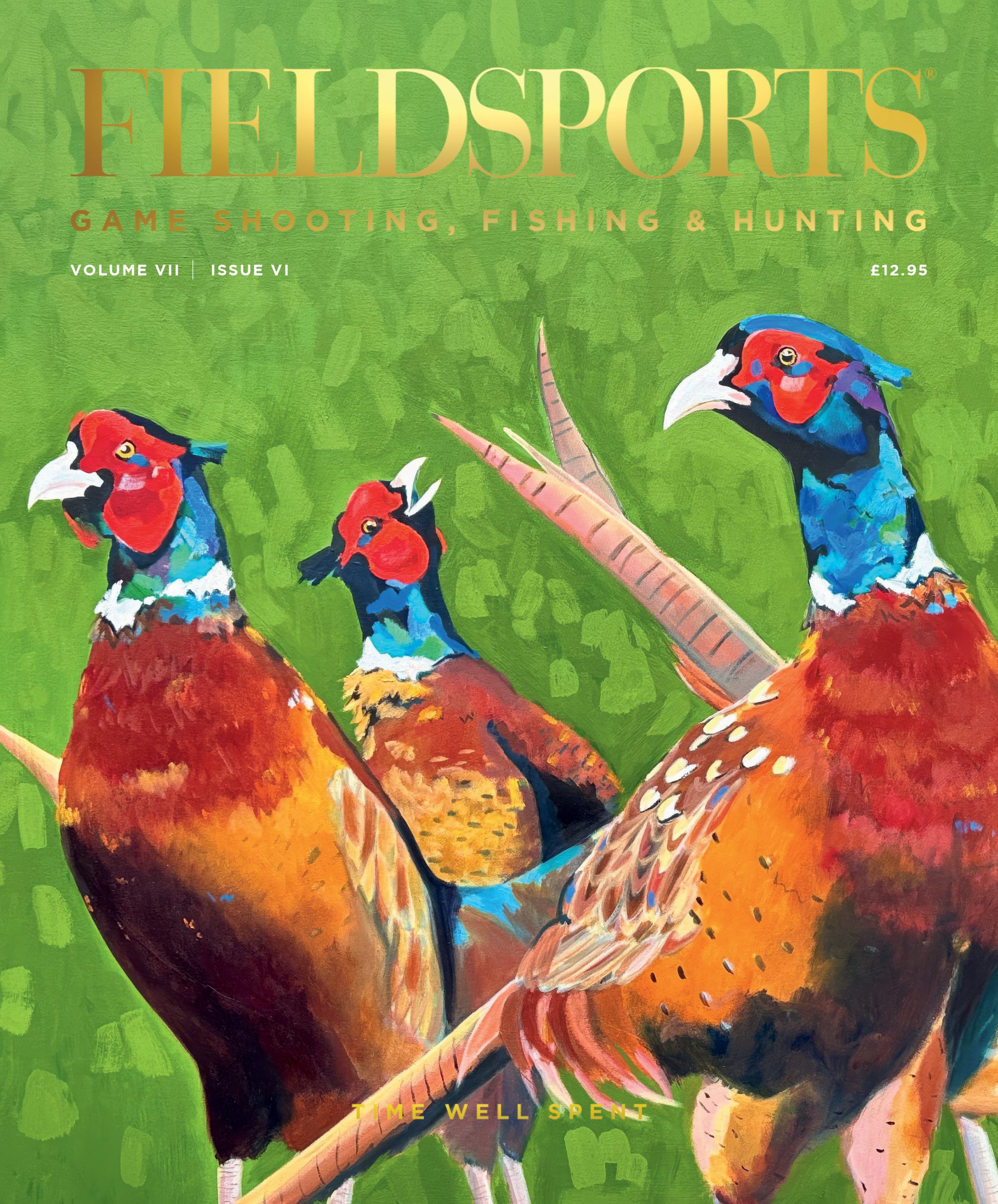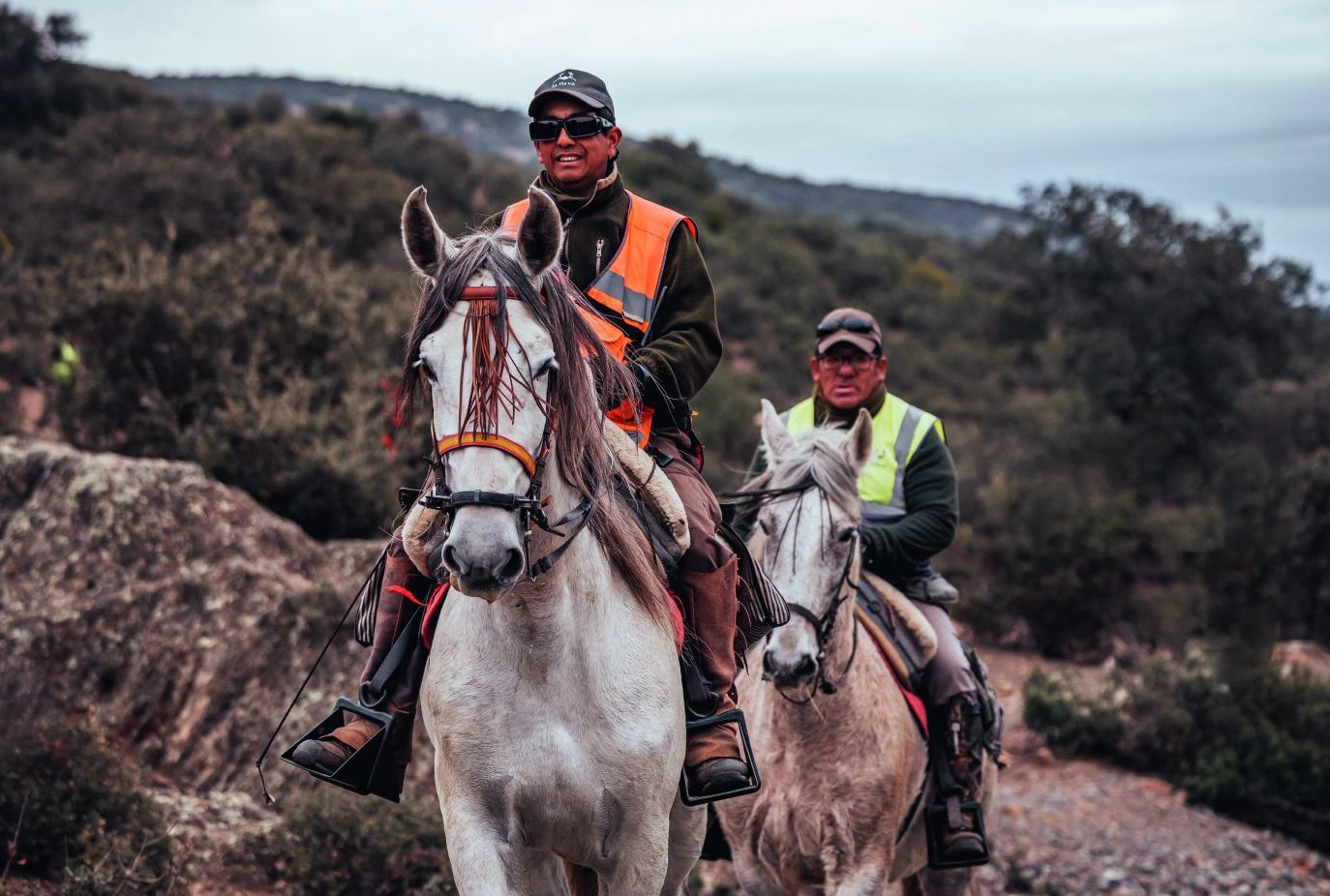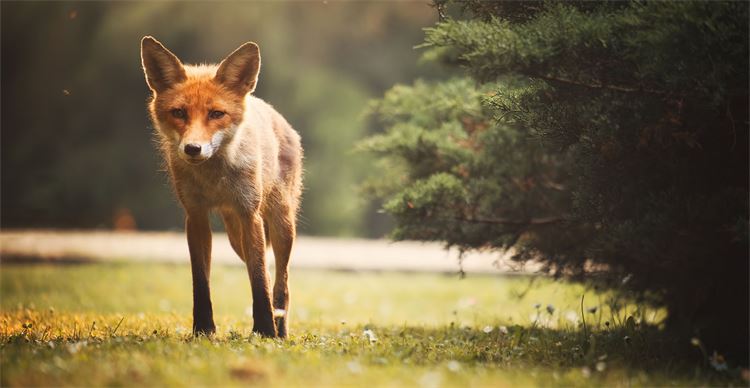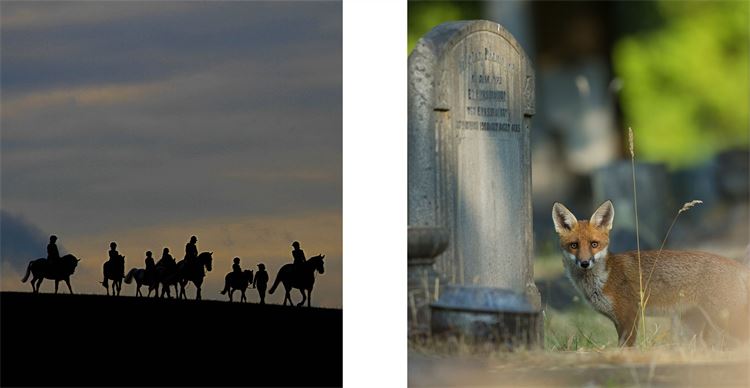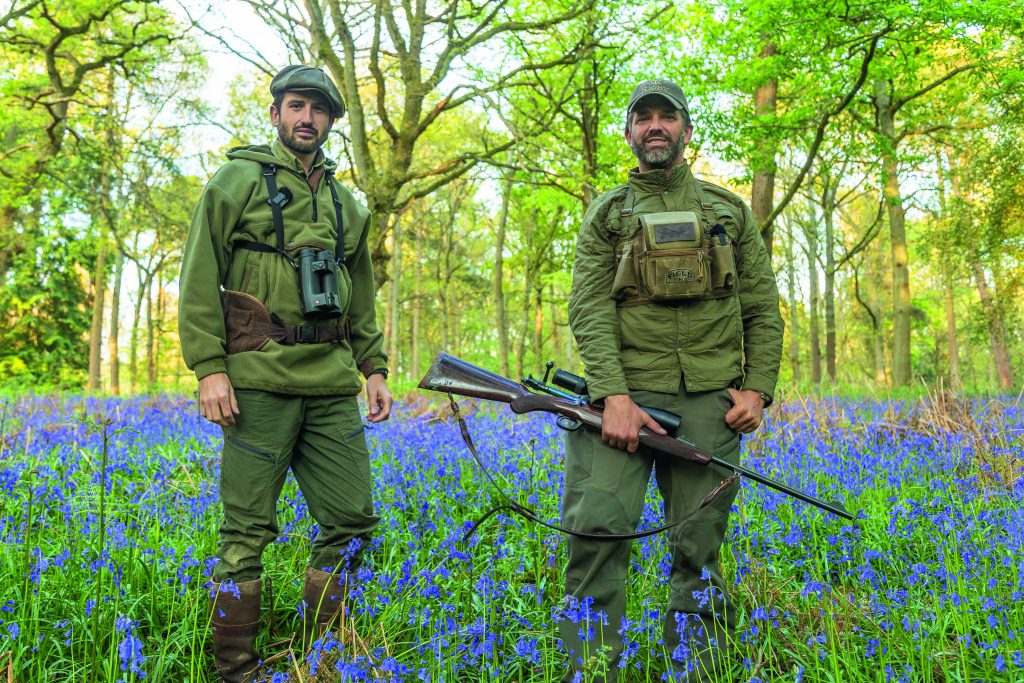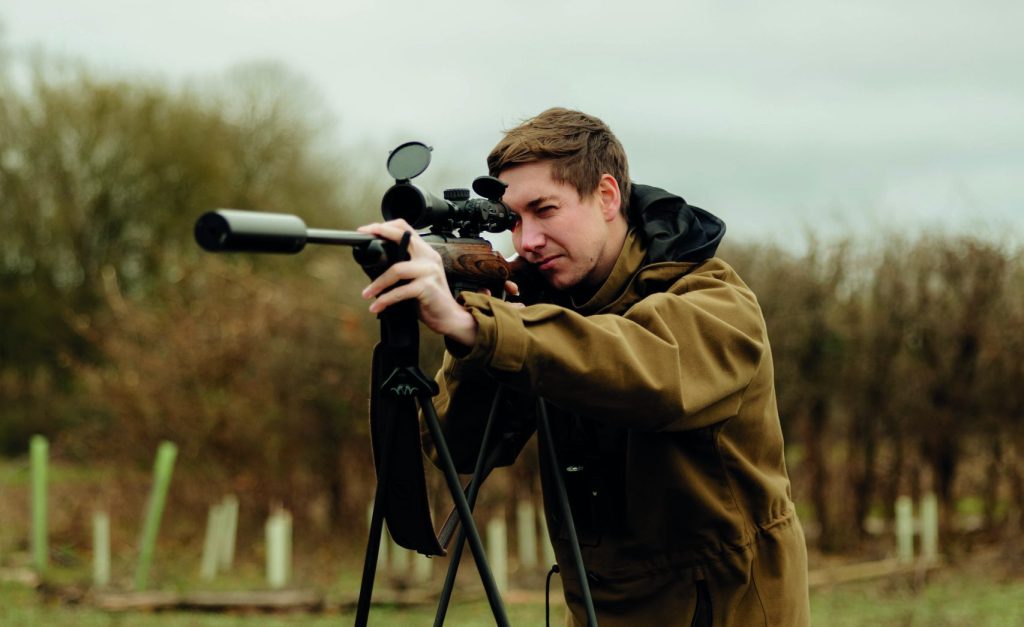Eerie hunting tales
A few chilling accounts of weird and inexplicable events that have occurred in the hunting field.
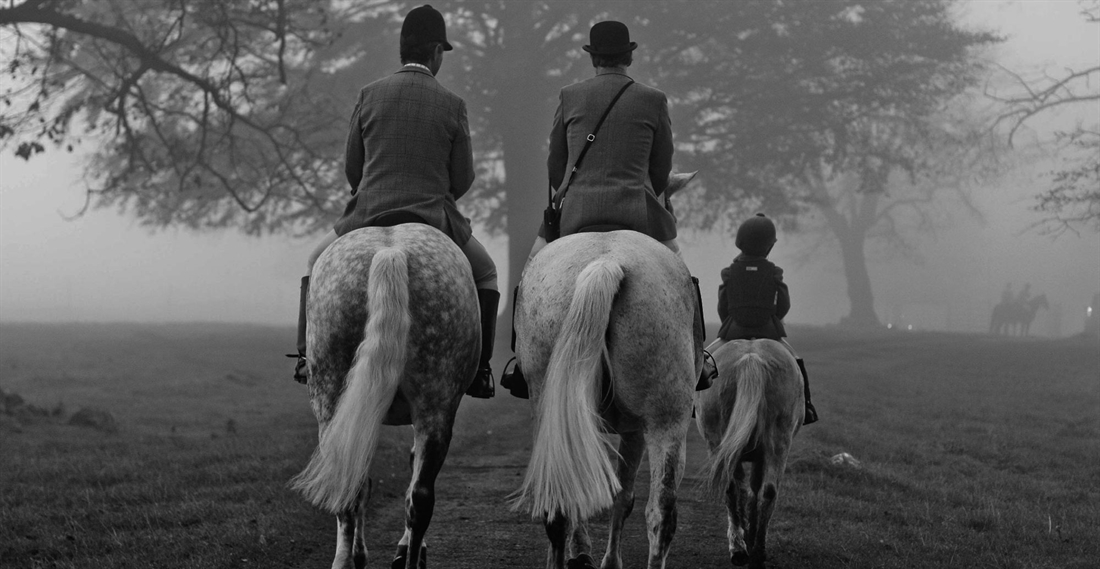
There is something mystical about the thread that connects man and his quarry. We are taught as children to respect the animal we seek to hunt, and those people who devote their lives to the pursuit of it spend a great deal of time thinking about it and its ways.
Is it really that much of a stretch of the imagination, therefore, to suggest that there might be a bond between the hunter and the hunted? There are certainly a great many stories that suggest that is the case, and well-respected, perfectly sensible hunting folk all over Britain have their own ‘spooky story’ to relate.
Most involve hounds meeting soon after the death or funeral of a famous hunting figure, and finding a fox in an unusual place and hunting him to the house or graveside of that hunting person.
Capt. Ian Farquhar, joint-master of the Duke of Beaufort’s hounds since 1985, says that the hairs on the back of his neck still stand up when he thinks of the day’s hunting he had on December 22, 1990. Major Gerald Gundry, joint-master of the Beaufort from 1941–1985, died on December 20. He was a legend in the country with the farmers and the hunting community, and left no stone unturned in his pursuit of the fox or in the management of good foxhunting. He lived at Clayfields, just south of Tetbury, in the centre of the Beaufort Monday country, and his daughter Jane told Ian that it was the family’s wish that life should carry on as normal, and so the pack met as arranged at Easton Grey on the Saturday.
Ian says: “It was an average December day, not too wet or windy, and therefore it was surprising that we did not find a fox until after second horses when hounds marked in a drot [drain] by Tugwell’s covert. There was a serving scent and we hunted steadily round Easton Grey, in a circle past Shipton Moyne for maybe 30 minutes before running across the top of Tanners, continuing left-handed towards Clayfields – not an unusual run.
“At this juncture, there was a holloa on the road at Clayfields and, presuming this to be the hunted fox, I judged him to be two or three minutes in front of hounds and certainly not under pressure. Hounds continued to hunt on persistently and I left them alone to run into the back of Clayfieds, which they did.
“On jumping into the road just by the garden, I asked a car follower if the fox had been seen and, receiving a negative reply, I waited at the end of the drive leading to the house. Hounds were then checked on the gravel by the front of the house but as I trotted down the drive to cast them through the yard I heard the sound of hounds catching their fox two yards from the front door of Clayfields, where it had waited under a shrub.
“I dismounted and a number of foot-followers joined me; we stood saying not a word. I remember to this day the shiver that went down my spine, and I recall looking up at the windows of the house feeling that somebody was watching. After a time, we began to murmur what a strange business we had just witnessed. Still occasionally glancing up at the house, I took hounds back into the road, having ascertained that no family member was at home.
“We did not find again that day. As we were hacking back past Clayfields just before dark, Jane came out of the house and we stopped to discuss the day’s events. I will never forget her final remark. Having commented on the fact that the fox was at least two minutes in front of us entering the premises and how strange it was for him to wait by the front door, she asked what time this had all happened? I replied, “3:21pm”. “My father died at 3:21pm,” she said.”
There are many other equally spine-chilling stories. James Barclay, master and huntsman of several packs of hounds, relates what happened after his father, Capt. Charlie Barclay, senior joint-master of his family pack, the Puckeridge, for 55 years, died.
“Father died peacefully at home on July 5, 2002,” explained James. “Normally the Puckeridge hounds would start hunting from the kennels at Brent Pelham [the Barclay family home] towards the end of August. This particular year was different, as they were needed to go and sort out some troublesome foxes on the flatlands out towards Cambridge. They got there at 6:30am to find it was impossible to hunt due to thick fog that never cleared all morning.
“It was decided to return home and go on hound exercise. Trotting down the road from the kennels for half a mile, they turned off onto a farm track. Standing there in the mist was a very large old fox. Hounds soon winded him and they were gone.
“He went through the Hall Wood, across the park and into Father’s vegetable garden, over the road and into the churchyard, where the Barclay graves are situated. The huntsman picked up hounds and cast them round the churchyard and into the village, all to no avail. Not a hound spoke.”
The fox had vanished, seemingly into thin air.
Capt. Ronnie Wallace, one of the very greatest foxhunters of the 20th century, died in a car accident in February 2002 when visiting his wife Rosie in a Taunton hospital. The local vicar to the scene of the accident heard about the crash and went to see if he could help. He had never heard of Capt. Wallace and therefore cannot be thought to be making appropriate leaps of imagination, but related that he spotted a large fox sitting on the embankment above the scene of the accident, watching the whole thing.
Now that the days are short and the winter nights long and cold, sitting by the fire with a glass of whisky in one hand and a good book in the other is one of life’s great pleasures after a day’s sport. Those who like to feel their blood chill a little should read the Countess of Feversham’s wonderful book, Strange Stories of the Chase: Fox Hunting and the Supernatural – it contains many tales similar to the ones above. And one particularly outstanding work of fiction, The Shadow on the Moor, written by the 8th Duke of Northumberland, is properly scary; you’ll want to leave a light on in the passage outside your bedroom after reading it…
A great read:
It’s not a ghost story, but if you want to read a really curious, even rather weird, but gripping book with a hunting connection, get hold of a copy of David Garnett’s novella Lady Into Fox, which won the James Tait Black Memorial Prize when it was published in 1922.
It concerns Sylvia and her husband Richard. One day Sylvia suddenly turns into a fox, and the story relates how her faithful husband deals with this unusual occurrence – and the litter of cubs she eventually produces.
Related Articles
Get the latest news delivered direct to your door
Subscribe to Fieldsports Journal
Elevate your experience in the field with a subscription to Fieldsports Journal, the premium publication for passionate country sports enthusiasts. This bi-monthly journal delivers unparalleled coverage of game shooting, fishing and big game across the UK and beyond.
Each issue offers a stunning collection of in-depth features, expert opinions and world-class photography, all presented in a timeless yet contemporary design.
Save 10% on shop price when you subscribe, with a choice of packages that work for you. Choose from Print & Digital or Digital only with each journal delivered directly to your door or via the app every other month, plus access to past issues with the digital back issue library.
